Schools of Anthias are one of the most vibrant sights on a coral reef and are highly desired in the marine aquarium....
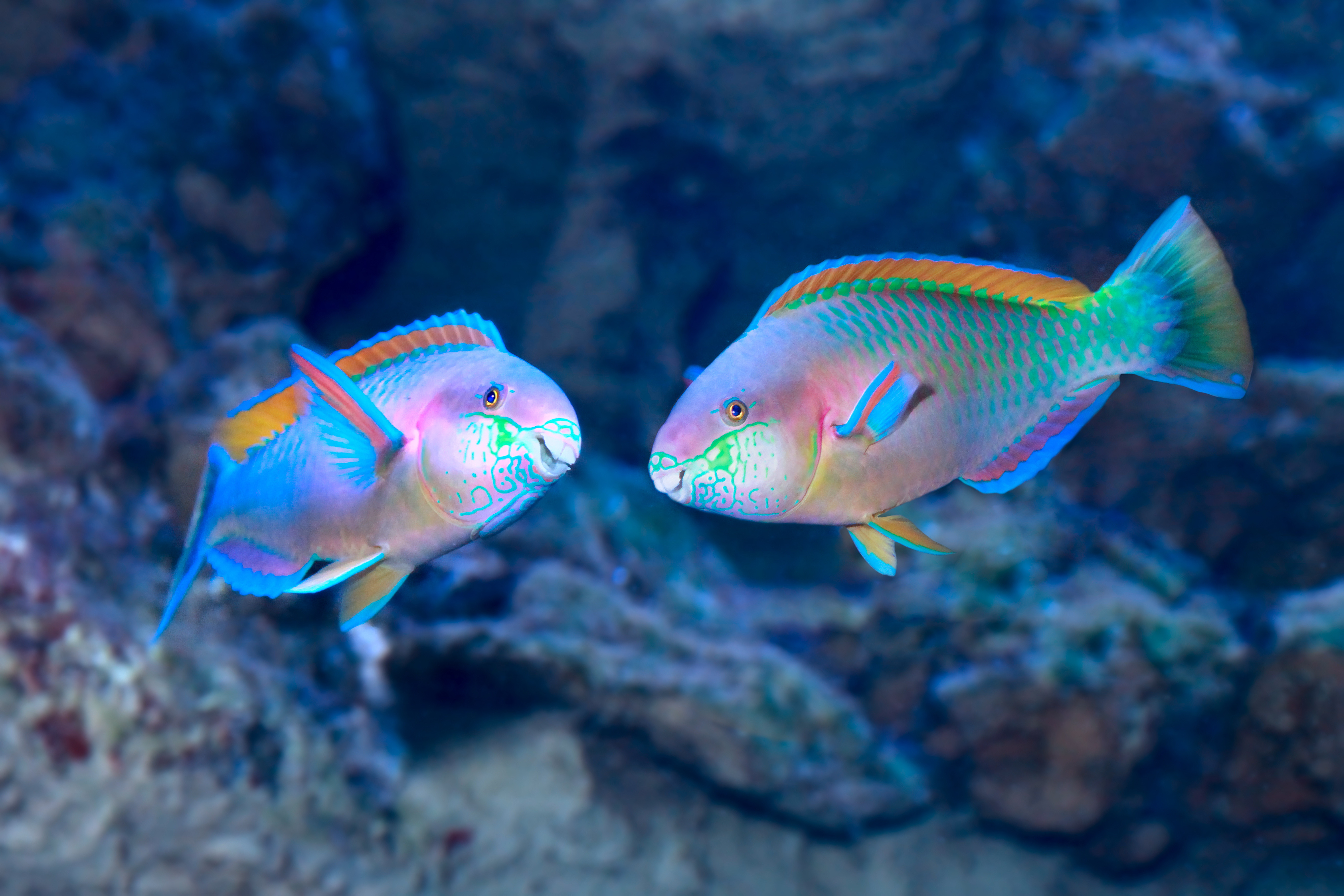
The Parrotfish: Guardians of Coral Reefs and Creators of Pristine Beaches
Importance of Parrotfish in Coral Reef Ecosystems
Coral reefs are among the most diverse and captivating ecosystems on our planet, teeming with a vibrant array of marine life. These underwater oases are not only visually stunning but also play a crucial role in maintaining the delicate balance of our oceans. At the heart of this intricate web of life, we find the parrotfish – a remarkable creature that is essential to the health and survival of coral reefs.
Parrotfish, named for their distinctive beak-like mouths, are found in tropical and subtropical waters around the world. These remarkable fish are not only visually striking, with their vibrant colors and unique appearance, but they also serve a vital function in the marine ecosystem. Their role in maintaining the health of coral reefs is so crucial that the future of these fragile habitats is inextricably linked to the well-being of the parrotfish population.
The parrotfish's importance in coral reef ecosystems cannot be overstated. These fish play a crucial role in controlling the growth of harmful algae, which can quickly smother and suffocate the delicate coral structures. By grazing on these algae, parrotfish help to keep the reefs clean and clear, allowing the corals to thrive and flourish. This, in turn, supports the rich diversity of marine life that calls the coral reef home, from brightly colored tropical fish to majestic sea turtles and beyond.
Role of Parrotfish in Controlling Harmful Algae
The parrotfish's ability to control the growth of harmful algae is truly remarkable. These fish have evolved specialized teeth and jaws that allow them to graze on the algae that can quickly overtake a coral reef. By consuming these algae, parrotfish prevent them from outcompeting and smothering the corals, ensuring that the reefs remain healthy and vibrant.
But the parrotfish's role in controlling algae goes even deeper. These fish have the unique ability to digest the calcium carbonate that makes up the coral structures, extracting the nutrients they need while excreting the indigestible material as fine sand particles. This process not only keeps the reefs clean but also contributes to the production of the pristine white sand beaches that are so beloved by beachgoers around the world.
It's estimated that a single parrotfish can consume up to 5 tons of coral per year, with the majority of this material being expelled as sand. This means that a healthy population of parrotfish can produce up to 320 kg of sand annually, playing a vital role in the formation of those idyllic white sand beaches that we all dream of visiting. Without the parrotfish's contribution, these beaches would be far less picturesque and would likely be covered in a thick layer of unsightly algae.
The Connection Between Parrotfish and Reef Health
The connection between the health of parrotfish populations and the overall well-being of coral reefs is undeniable. When parrotfish are present in healthy numbers, they help to maintain the delicate balance of the reef ecosystem, preventing the overgrowth of harmful algae and ensuring that the corals can thrive.
However, when parrotfish populations decline, the consequences can be devastating. Without the parrotfish's constant grazing, the algae can quickly take over, smothering the corals and causing them to die off. This, in turn, leads to a cascading effect, as the loss of coral structures results in the decline of the diverse marine life that depends on them for shelter, food, and breeding grounds.
The decline of parrotfish populations is often linked to human activities, such as overfishing, pollution, and habitat destruction. As these threats continue to mount, the future of coral reefs around the world hangs in the balance. Protecting parrotfish and ensuring their continued presence in these delicate ecosystems is crucial for the long-term health and resilience of coral reefs.
Parrotfish and the Production of Clean White Sand
Beyond their role in controlling harmful algae, parrotfish are also responsible for the production of the pristine white sand that adorns many of the world's most beautiful beaches. This process, known as bioerosion, is a key part of the parrotfish's life cycle and has a profound impact on the natural environment.
As parrotfish graze on the coral structures, they ingest the calcium carbonate that makes up the coral's skeleton. This material is then broken down and expelled as fine sand particles through the fish's digestive system. Over time, this process can contribute significantly to the accumulation of white sand on beaches, with a single parrotfish capable of producing up to 320 kg of sand per year.
The importance of this sand production cannot be overstated. Not only does it contribute to the breathtaking beauty of tropical beaches, but it also plays a vital role in the overall health and functioning of coastal ecosystems. The sand helps to buffer the shoreline against erosion, protecting coastal communities from the impacts of storms and rising sea levels. Additionally, the sand provides a crucial habitat for a wide range of marine organisms, from tiny crustaceans to nesting sea turtles.
Threats to Parrotfish Population
Despite their vital importance to coral reef ecosystems and coastal environments, parrotfish populations around the world are facing a variety of threats that jeopardize their long-term survival. These threats range from overfishing and habitat destruction to the impacts of climate change and pollution.
One of the primary threats to parrotfish is overfishing. In many parts of the world, parrotfish are targeted for their meat, which is highly prized in local cuisines. This intense fishing pressure has led to significant declines in parrotfish populations, with some species facing the risk of extinction. As parrotfish numbers dwindle, the delicate balance of coral reef ecosystems is disrupted, leading to cascading effects on the wider marine environment.
In addition to overfishing, parrotfish populations are also threatened by habitat destruction. Coastal development, pollution, and the impacts of climate change, such as rising sea temperatures and ocean acidification, can all have devastating effects on the coral reefs that parrotfish call home. As these habitats are degraded or destroyed, the parrotfish are left with fewer places to thrive, further exacerbating the decline of their populations.
The Need for Protecting Parrotfish from Consumption
Given the vital role that parrotfish play in maintaining the health and resilience of coral reef ecosystems, it is clear that urgent action is needed to protect these remarkable creatures from the threat of consumption. By reducing the demand for parrotfish meat and implementing robust conservation measures, we can help to ensure the long-term survival of these keystone species and the delicate ecosystems they support.
One of the key steps in protecting parrotfish is to raise awareness about their importance and the threats they face. Through education and outreach campaigns, we can help to inform the public about the critical role that parrotfish play in maintaining the health of coral reefs and the production of pristine white sand beaches. By fostering a greater appreciation for these remarkable fish, we can encourage consumers to make more sustainable choices and support conservation efforts.
Additionally, policymakers and resource managers must take decisive action to implement regulations and management strategies that safeguard parrotfish populations. This may include the establishment of marine protected areas, the implementation of fishing quotas, and the enforcement of strict regulations on the harvesting of parrotfish. By working together to protect these vital species, we can help to ensure the long-term resilience of coral reef ecosystems and the many benefits they provide to both the environment and human communities.
Benefits of Protecting Parrotfish for Reef Recovery
Protecting parrotfish populations is not only crucial for the immediate health of coral reef ecosystems but also holds the key to their long-term recovery and resilience. As these remarkable fish continue to face threats from overfishing, habitat destruction, and the impacts of climate change, their conservation has become a critical priority for marine biologists and conservation organizations around the world.
When parrotfish are protected and allowed to thrive, they can play a vital role in the recovery and restoration of damaged coral reefs. By continuing to graze on harmful algae and maintain the delicate balance of the reef ecosystem, parrotfish can help to facilitate the regrowth and regeneration of coral structures. This, in turn, supports the return of diverse marine life and the restoration of the reef's overall health and productivity.
Moreover, the protection of parrotfish populations can have far-reaching benefits for the broader marine environment. As these fish play a crucial role in the production of white sand beaches, their conservation helps to preserve these important coastal habitats and the many species that depend on them. This, in turn, can support the recovery and resilience of entire coastal ecosystems, from mangrove forests to seagrass beds, all of which are interconnected and rely on the health of the surrounding marine environment.
Supporting Healthier Marine Life Through Parrotfish Conservation
The importance of parrotfish conservation extends far beyond the immediate benefits to coral reef ecosystems. By protecting these remarkable fish, we can also support the overall health and diversity of marine life in the broader ocean environment.
Parrotfish are a critical component of the complex food web that sustains countless other species in the marine ecosystem. As they graze on harmful algae and maintain the health of coral reefs, parrotfish provide a vital source of food and shelter for a wide range of other marine organisms, from small invertebrates to larger predatory fish.
When parrotfish populations are healthy and thriving, they can help to support the recovery and resilience of other marine species that rely on the coral reef habitat. This, in turn, can contribute to the overall biodiversity and productivity of the ocean, ensuring that these vital ecosystems can continue to provide a wealth of ecological and economic benefits to human communities.
Moreover, the protection of parrotfish can have indirect benefits for the conservation of other threatened marine species, such as sea turtles and certain species of reef fish. By preserving the health and integrity of coral reef ecosystems, we can help to safeguard the habitats and resources that these species depend on for their survival and reproduction.
Ensuring Sustainable Fish Harvests Through Parrotfish Protection
In addition to the ecological benefits of parrotfish conservation, protecting these remarkable fish can also have significant economic and social implications for coastal communities that rely on the ocean's resources for their livelihoods.
Coral reefs are not only important for their intrinsic ecological value but also serve as vital sources of food and income for millions of people around the world. By maintaining the health and productivity of these ecosystems through parrotfish conservation, we can help to ensure the long-term sustainability of fisheries and support the food security of coastal communities.
When parrotfish populations are healthy and thriving, they can help to maintain the overall productivity and resilience of coral reef ecosystems. This, in turn, can support the abundance and diversity of other commercially important fish species that rely on these habitats for their survival. By protecting parrotfish, we can help to safeguard the future of these fisheries and ensure that coastal communities can continue to benefit from the ocean's bounty for generations to come.
Moreover, the protection of parrotfish can have broader economic benefits by supporting the growth of sustainable tourism industries. As these remarkable fish play a crucial role in the production of pristine white sand beaches, their conservation can help to maintain the natural beauty and appeal of these coastal destinations, attracting visitors from around the world and generating important revenue for local communities.
In conclusion, the parrotfish is a truly remarkable and vital component of coral reef ecosystems, playing a crucial role in maintaining the health and resilience of these delicate habitats. By protecting parrotfish from the threat of overfishing and habitat destruction, we can help to ensure the long-term survival of coral reefs and the many benefits they provide to both the environment and human communities. Through concerted conservation efforts and a renewed appreciation for the importance of these remarkable fish, we can work to safeguard the future of our oceans and the countless species that call them home.

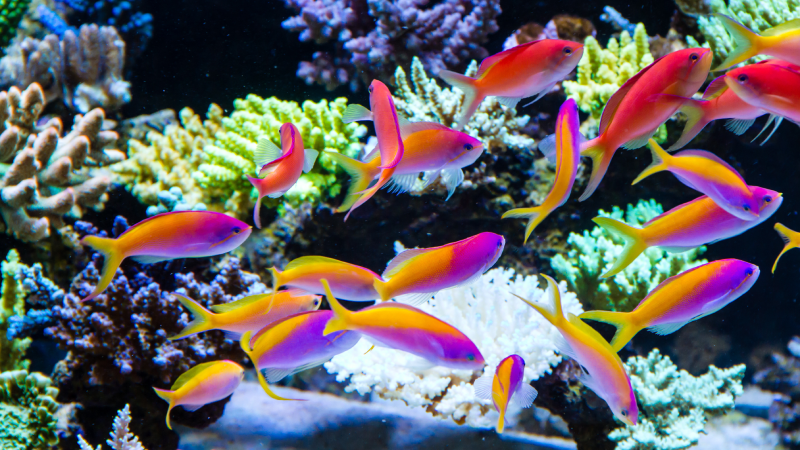
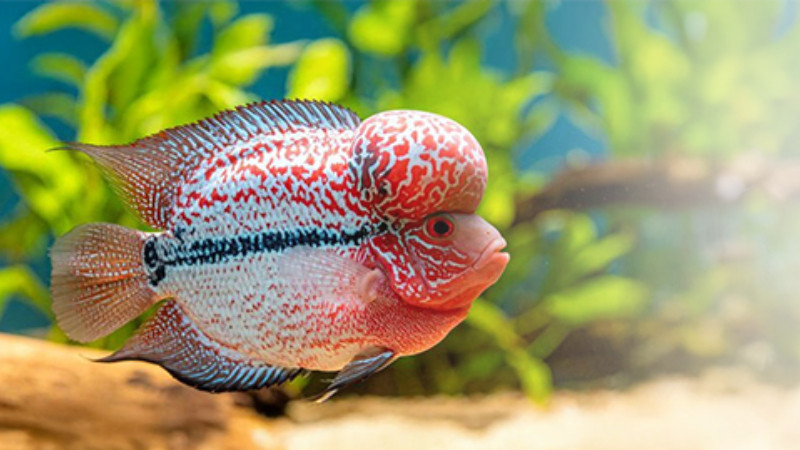
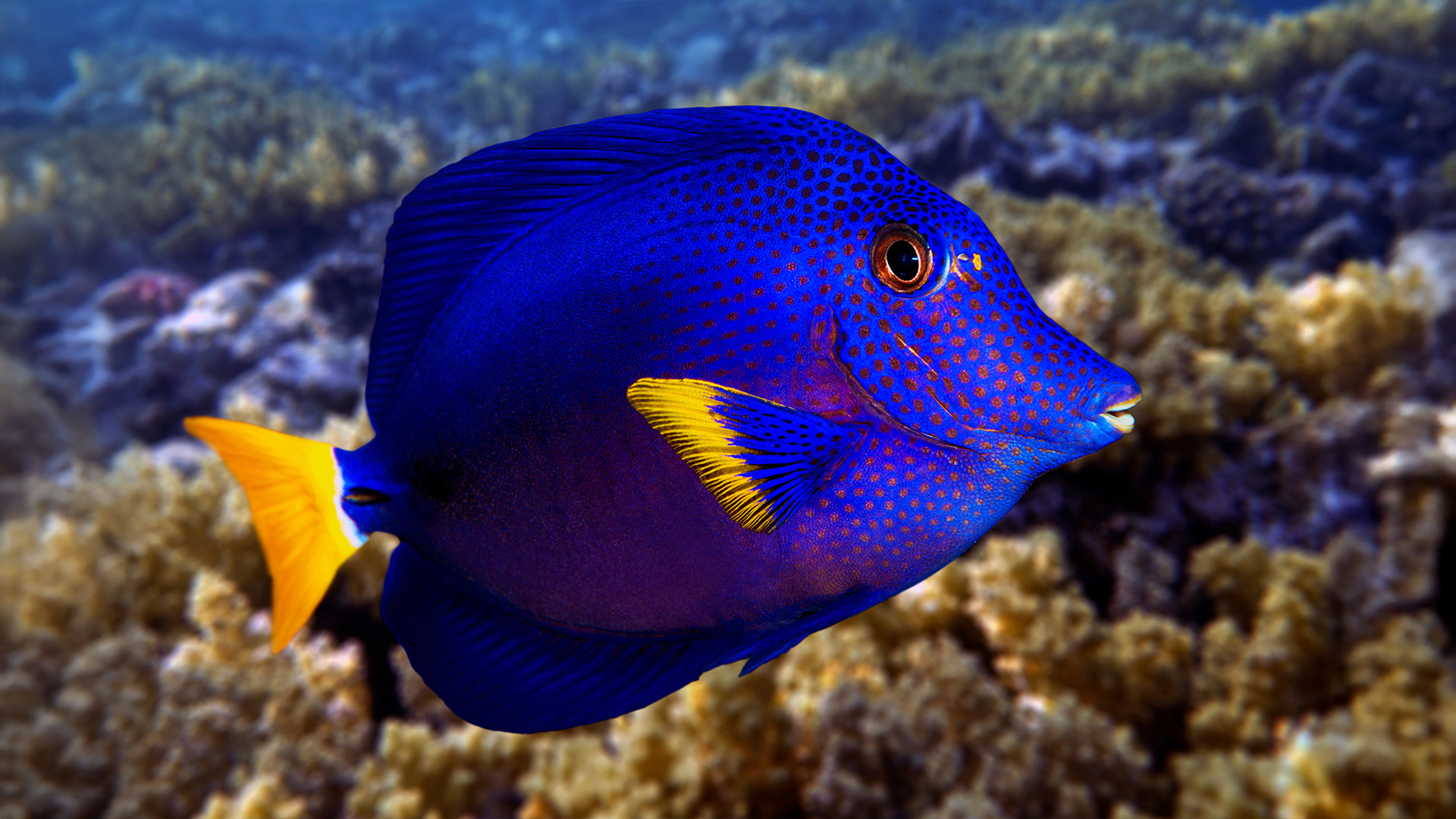

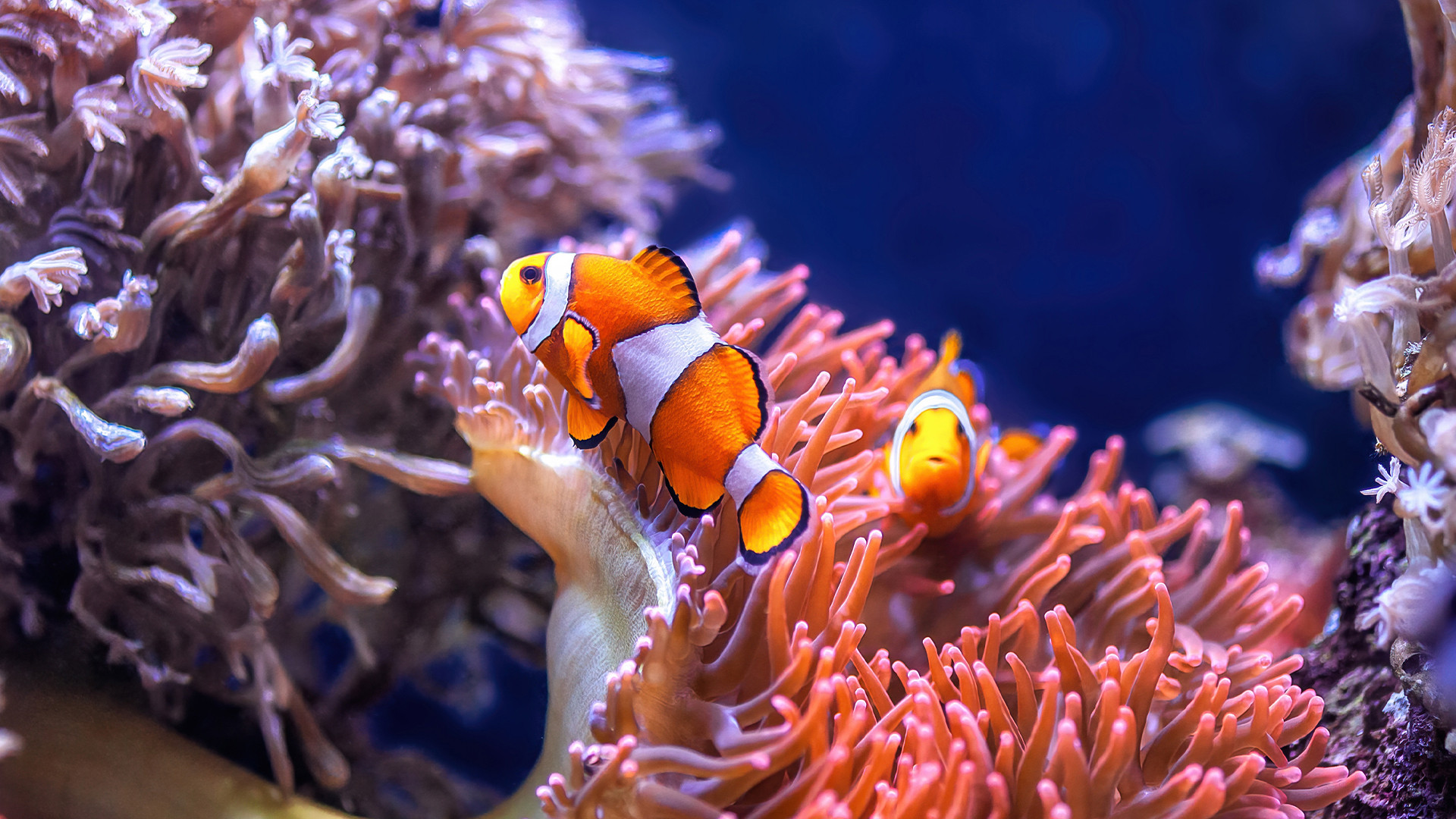
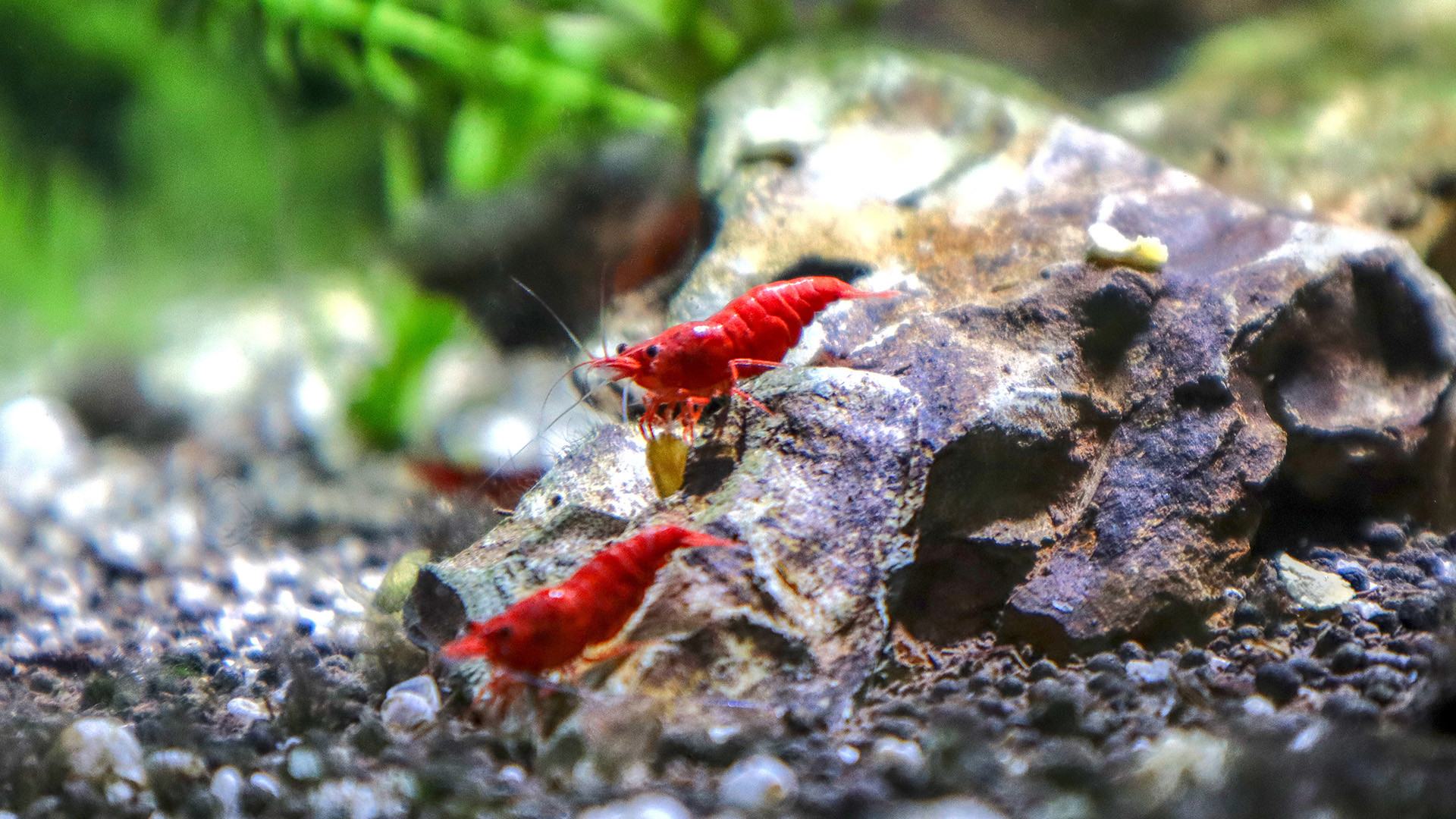
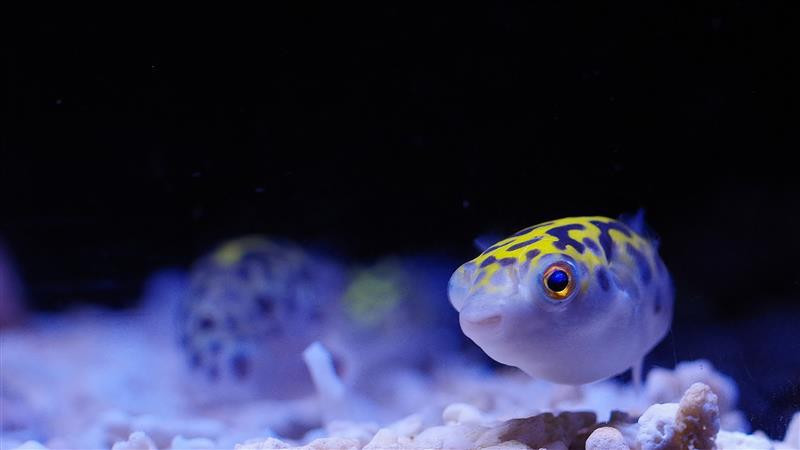
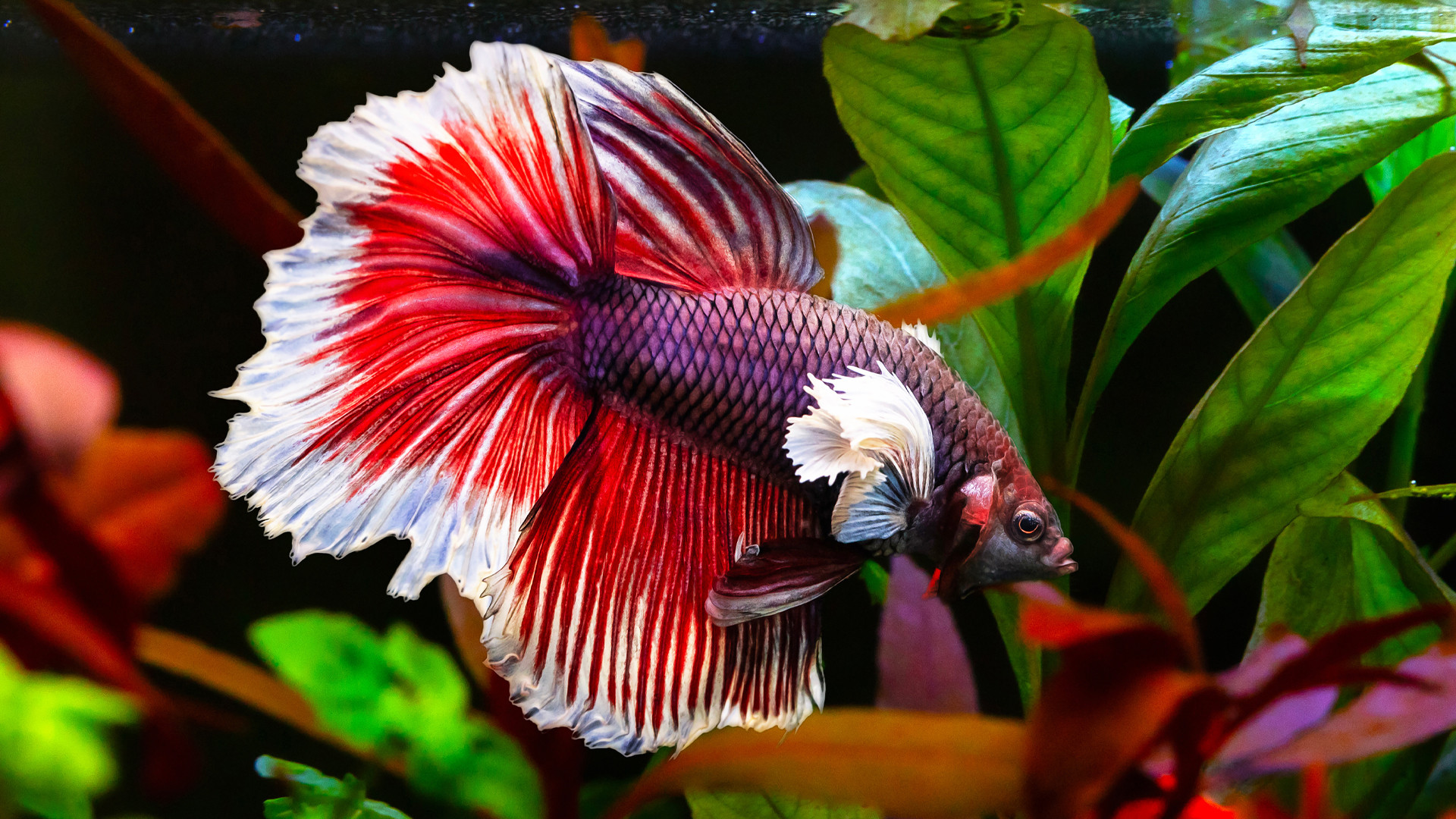
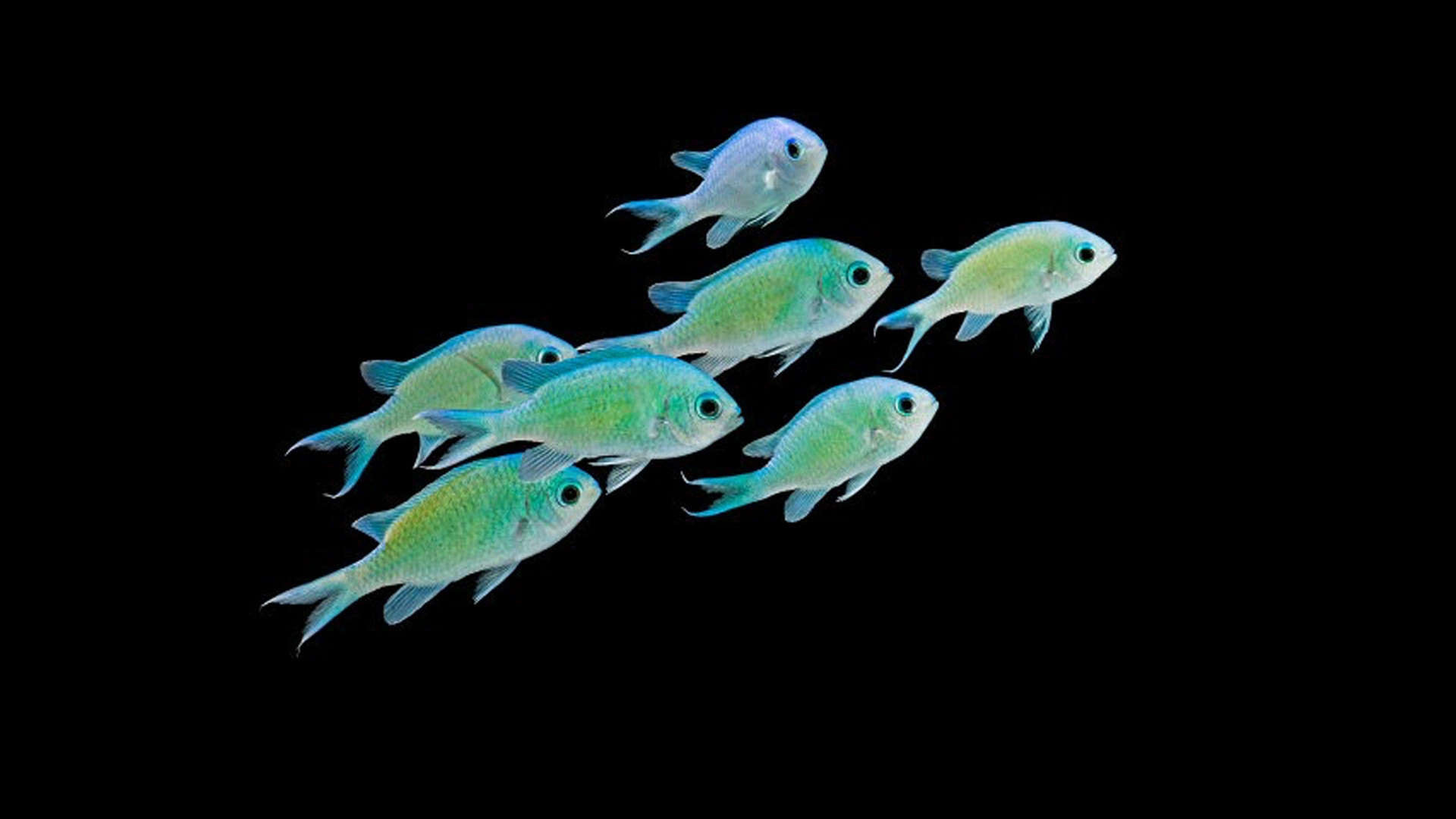
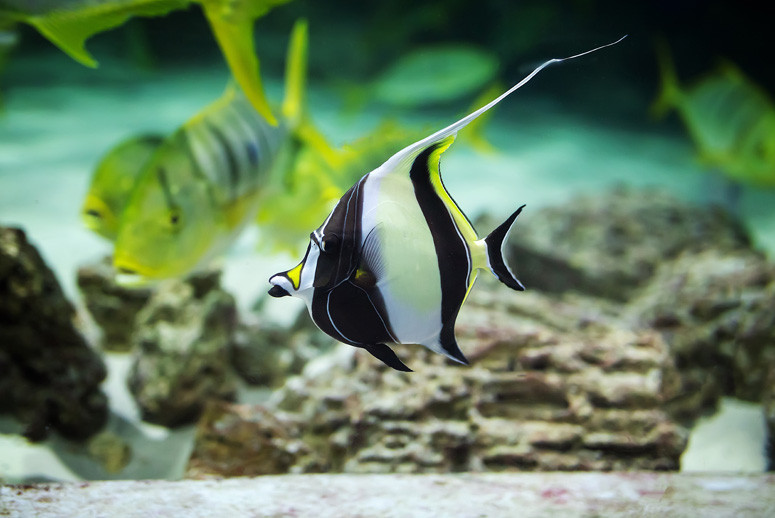
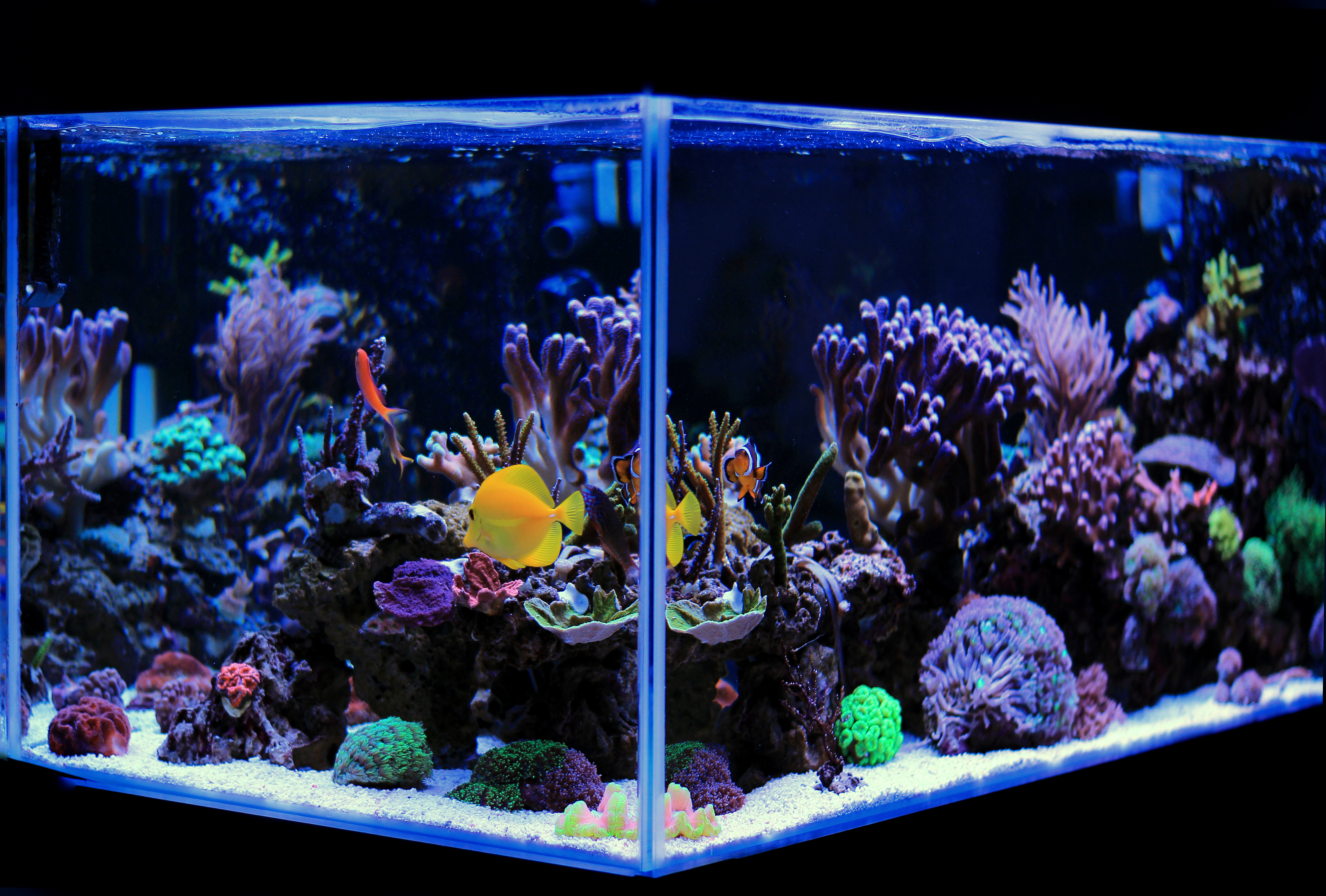
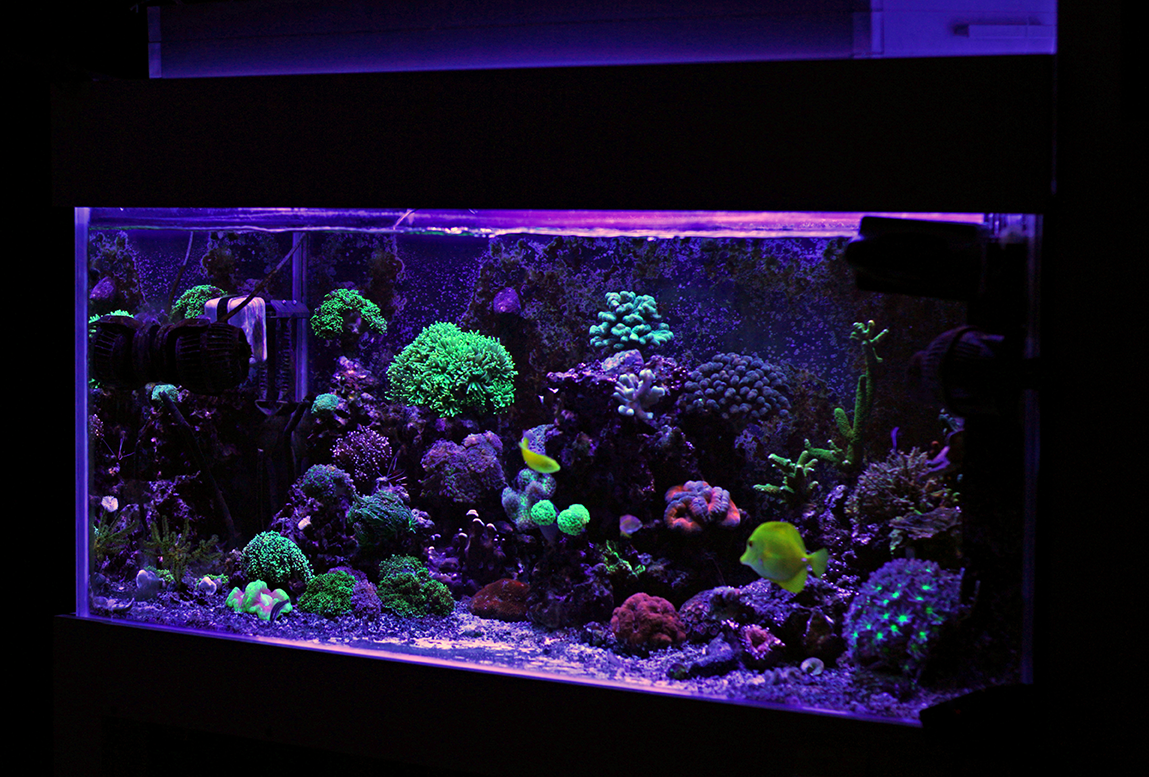
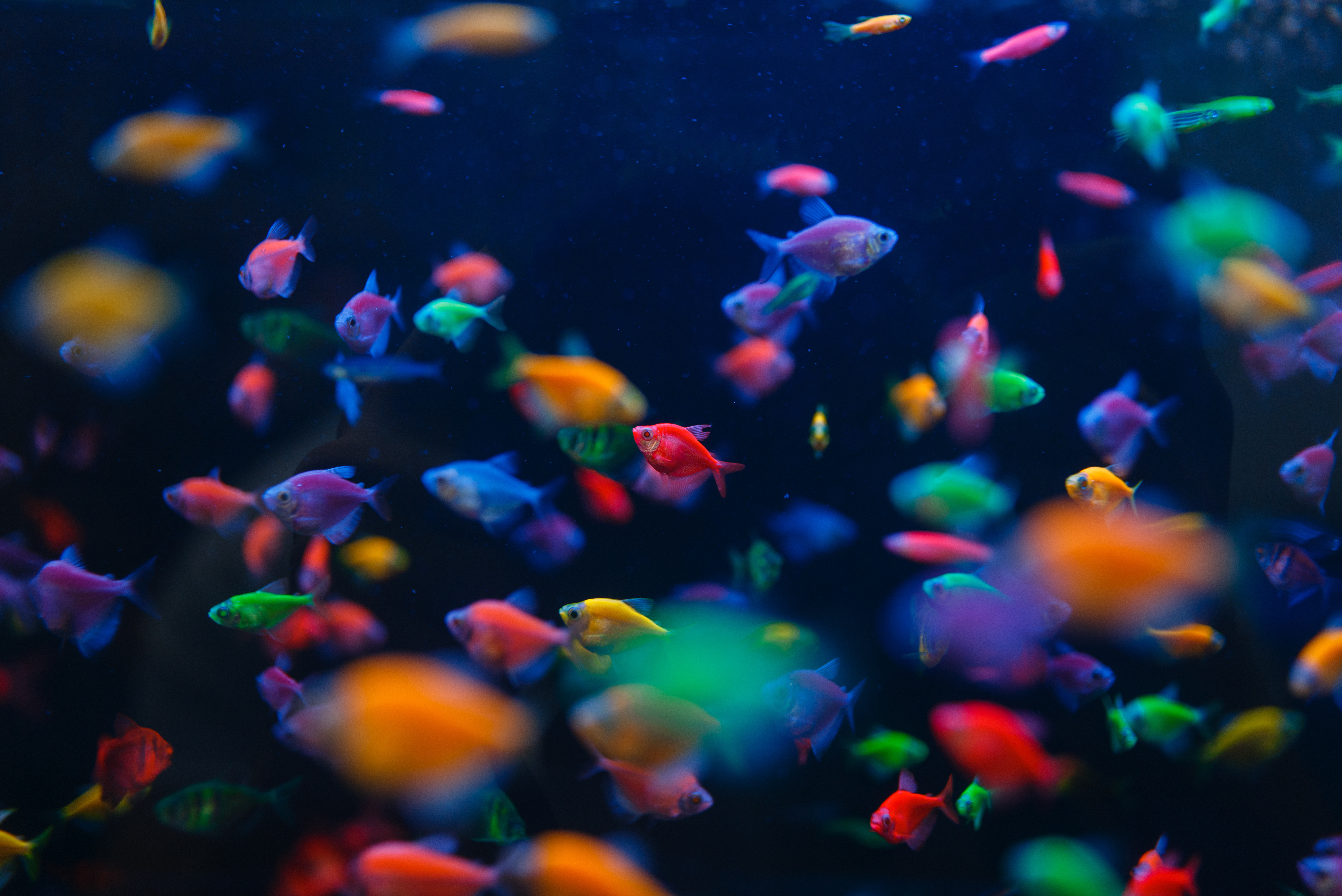
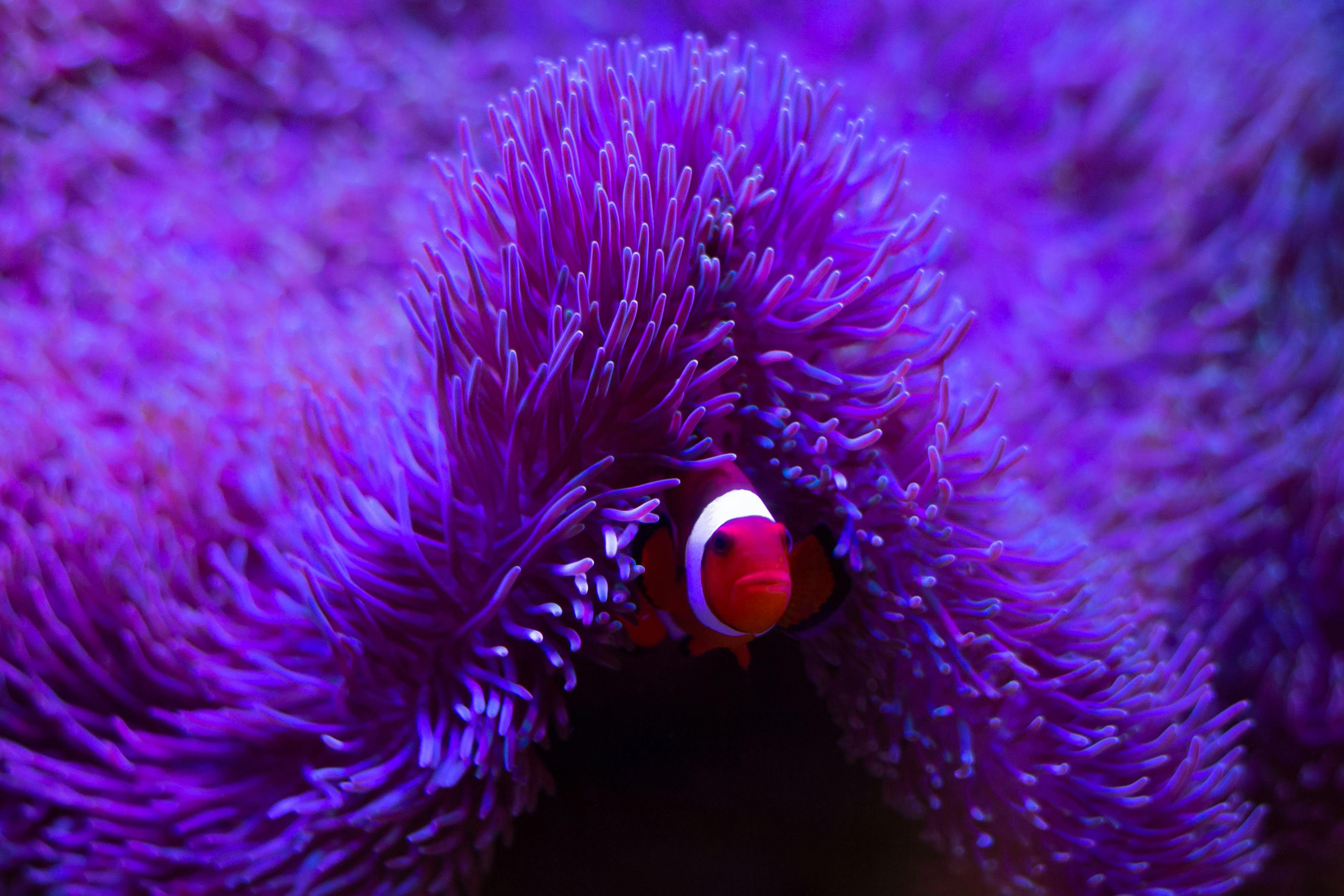
Leave a comment